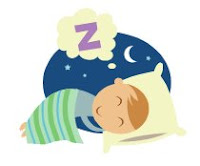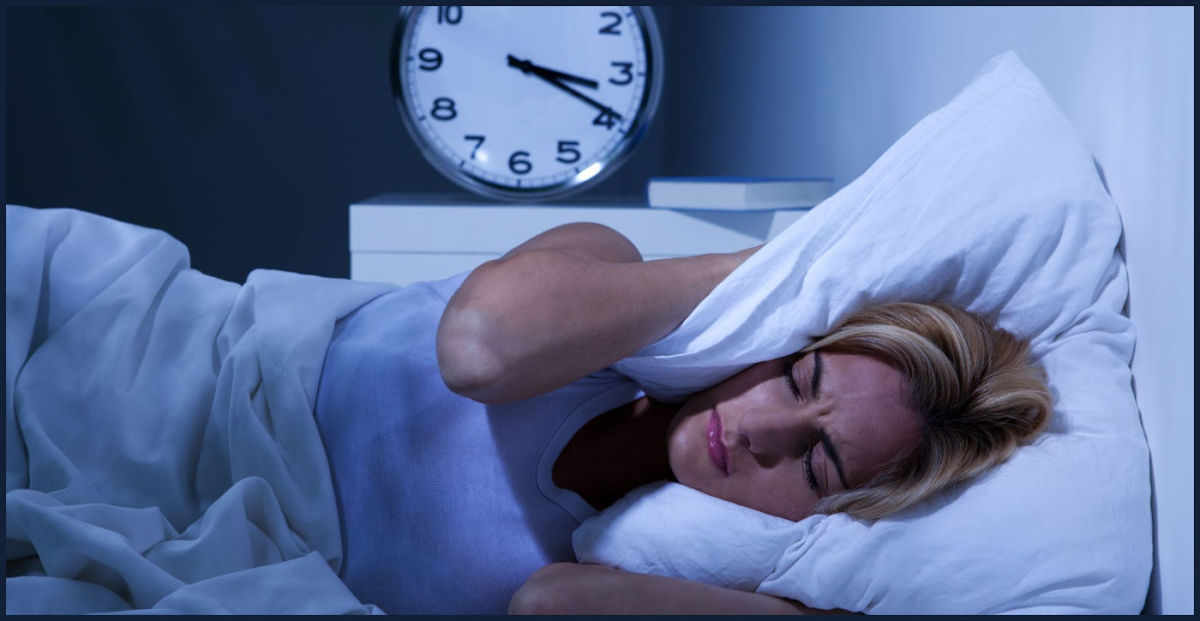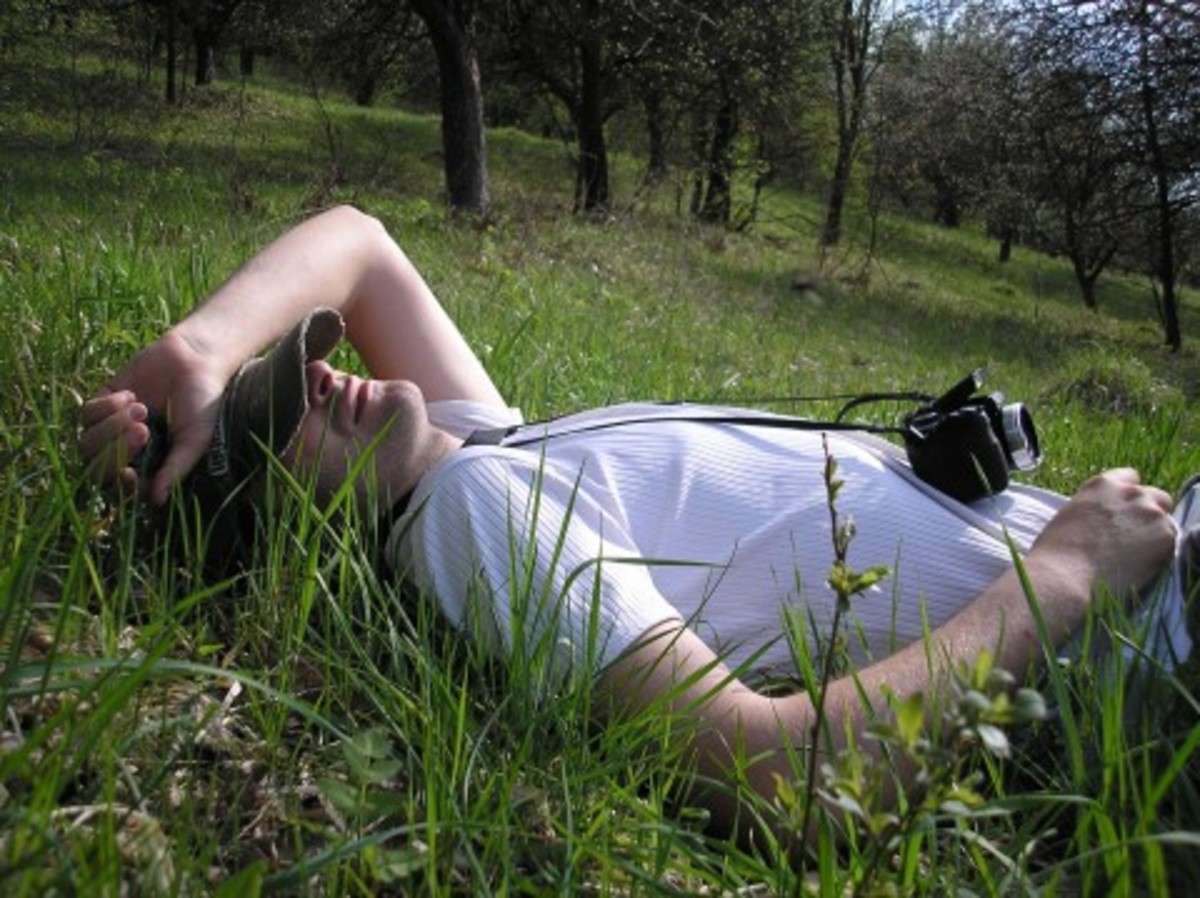- HubPages»
- Health»
- Personal Health Information & Self-Help»
- Self-Help for Sleep Issues & Sleeplessness
15 Ways to Help You Fall Asleep and Stay Asleep

By Joan Whetzel
What's worse than laying awake, watching the hands on the clock crawl their way through the nighttime hours? Sounds like something boring enough to put anyone to sleep, right? But fretting over why you're not sleeping, only seems to make the problem worse. Not only does sleep loss or lack of quality sleep, influence our ability to perform out daily routines, it negatively affects our work productivity. Yawning is only one of the symptoms. Sleep deprivation also leads to the inability to stay alert, to make good decisions, to remain focused on specific tasks, and to be in a good mood. These 15 insomnia busters may be just what the doctor ordered to help you get your sleep cycle back on track.
1. Sip a cup of hot tea. Decaffeinated tea and green tea are best, since they won't keep you awake. Teas known for their sleep inducing qualities include chamomile and any tea with lavender. And don't make the tea so hot that it makes you feel uncomfortably warm, which makes it more difficult to sleep. Like the three bears, it need to be "just right."
2. Try lavender aromatherapy. Speaking of lavender, this floral fragrance is known for its capacity to help people relax. Lavender can be used in a number of ways, such as, an aromatherapy infuser, scented candles, a spray to apply to your pillow, shower scents, or bath salts. In fact, the combination of warm bath and lavender bath salts, may provide a relaxing, drowsy double-whammy that proves extremely helpful toward falling to sleep.
3. Lower your stress levels. If you find yourself consistently stressed about the events of the day or about upcoming events and projects, try this de-stressor. Start keeping a journal every night before you go to bed. Write your worries and concerns in the book and close out each entry with a comment like, "I'll find the answers tomorrow." Then close the book on your worries for the night - literally and figuratively.
4. Cut out the caffeine. Yeah, yeah, yeah. You can't get going everyday without your morning go juice. Well, if you really can't cut out caffeine all together, then cut down on the coffee and sodas. Make it a rule to consume no caffeinated beverages of any kind after about noon. This will give your body time to flush out the caffeine you've consumed in time for bedtime.
5. Cut out the sugar. Yeah, I said sugar. And cut out anything with high fructose corn syrup while you're at it. You know how hype it makes your kids, right? Well it does the same thing to you, which is one reason you may be feeling all wound up. If you must have something sweet, try a little agave nectar or honey, which are natural sweeteners that are quickly digested and used up. They don't stick around as long as the manufactured stuff.
6.. Exercise! Exercise makes you feel energized, especially right after you're finished. Which is why you shouldn't exercise right before bedtime. However, by performing your exercise earlier in the day - first thing in the morning, midday, or just before dinner - your body has a chance to come down off that high.
7. Cut off TVs, computers, and other electronic gadgets. Cutting off these electronic mind stimulators does two things. It gets your mind off the worries of the day, the stuff going on at the office, the need to answer any and all e-mails… You get the point. Your mind quits racing when it's not stimulated by these modern marvels. The second thing that happens when you cut off these gadgets, is that your eyes are not longer stimulated by the blue-light screens that all of these gadgets have. (more about that later under "Turn off the lights").
8. Eliminate midnight snacks. Eating a snack earlier in the evening - 7:30 or 8:00 - will keep you from being hungry during the night, but it also gives your body time to digest the snack before you go to sleep. It takes energy for your body to digest food, and if your calling on your body to digest food in the middle of the night, then it can't rest adequately, and you lose sleep over it.
9. Eat healthy. Some foods are more conducive to producing drowsiness and sleeping, like milk, chamomile tea, turkey, bananas, potatoes, oatmeal, and whole-wheat bread. Including some of these items in your evening meal or early evening snack may help. However, stay away from those foods that keep you awake (sugar and caffeine) and heavy meals which take forever to digest and keep your body working for hours.
10. Take Power Naps.A 15 to 20 minute power nap midday allows you to feel refreshed and rejuvenated during the afternoon and into the evening. Plus you'll feel lest tired and less agitated because you got that little rest during the day. Which will help you feel more relaxed and less stressed when bedtime rolls around.
11 Drink a cup of warm milk before bedtime. The tried and true bedtime drink that our moms and grandmothers swore by still works. If you find you can't quite take it straight, add a little honey, cinnamon, agave nectar or a bit of Ovaltine, like my grandmother gave me and my siblings when visited her on summer vacations. You don't have to use the whole amount, just enough to give it a little flavor. It comes in three flavors, by the way - malt, chocolate, or chocolate-malt.
12. Set a regular bedtime. By setting a regular bedtime, your body begins getting into a routine that mimics your circadian rhythm, and soon enough, the routineness of the scheduled bedtime will cause your body to start relaxing automatically in preparation for sleep.
13. Wake up at the same time every day. A similar thing happens when you get up at the same time every day, including weekends. Your body becomes so used to waking up at certain time, that it wakes up automatically, without the need for a body jolting, brain jarring, super-loud alarm clock. It will become part of your circadian rhythm. In the long run, since you're letting your body learn when to fall asleep and wake up at specific times, it will wake up less often during the night, as you won't feel the need to keep looking at the clock all night to see what time it is and how many more hours of sleep you have left.
14. Increase light exposure during the day. Have you ever noticed that on days when you get to go outside all day long, enjoying the sunshine and fresh air, that you start feeling sleep very easily? In fact, you probably find it difficult to keep your eyes open before bedtime even gets here. The brightness of the sunlight during the daytime actually triggers your natural sleep cycle to take over when the sun goes down, which means the encroaching darkness stimulates sleep as much as the bright sunlight stimulated awakeness. If you can't be outside for as much of the daytime as you'd like (we all have to work), find ways to open the blinds on the office windows or to be near some windows for at least part of the day so that your eyes and body are stimulated by natural light (as opposed to the artificial lights we're all exposed to at the office and at home).
15. Make your bedroom more sleep friendly. Your bedroom is meant to be slept in. (I know there are other things that go on in bedrooms, but sleep is the primary function of these rooms.) So why not make your bedroom more sleep friendly by (a) decorating it in soothing colors (blue is the most calming), (b) keeping the noise levels down or eliminating external noises with white noise machines, (c) keeping the room cool by using a fan that produces little or no sound, (d) making sure your bed is comfortable (replace the mattress if necessary), and (e) turning off the lights. (This is the one I promised earlier). Lights, even artificial lights stimulate the eyes and the visual center of the brain, which keeps it working. So turn off or dim the lights (use candles instead) to help stimulate sleep. And while we're on the subject, by turning of the electronic gadgets (TV, computer, and other electronics), you're turning off the sources of blue-light. Blue light, to our eyes and brains, is reminiscent of the daytime sky and daylight, which stimulates us to stay awake. By turning off these appliances and gadgets at least an hour before bedtime, we can train our minds to start unwinding, and noticing that it is, indeed dark outside, and is time to prepare for bed.
You can always use that hour to - gasp! - talk about the good things going on with your lives, or take that lovely hot bath by candlelight, or simply read. Aha! Another activity that has been show to help our minds relax and get ready for sleep. Ah, yaw-aw-awn. Happy relaxing.








